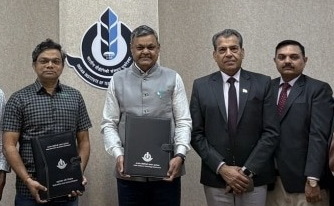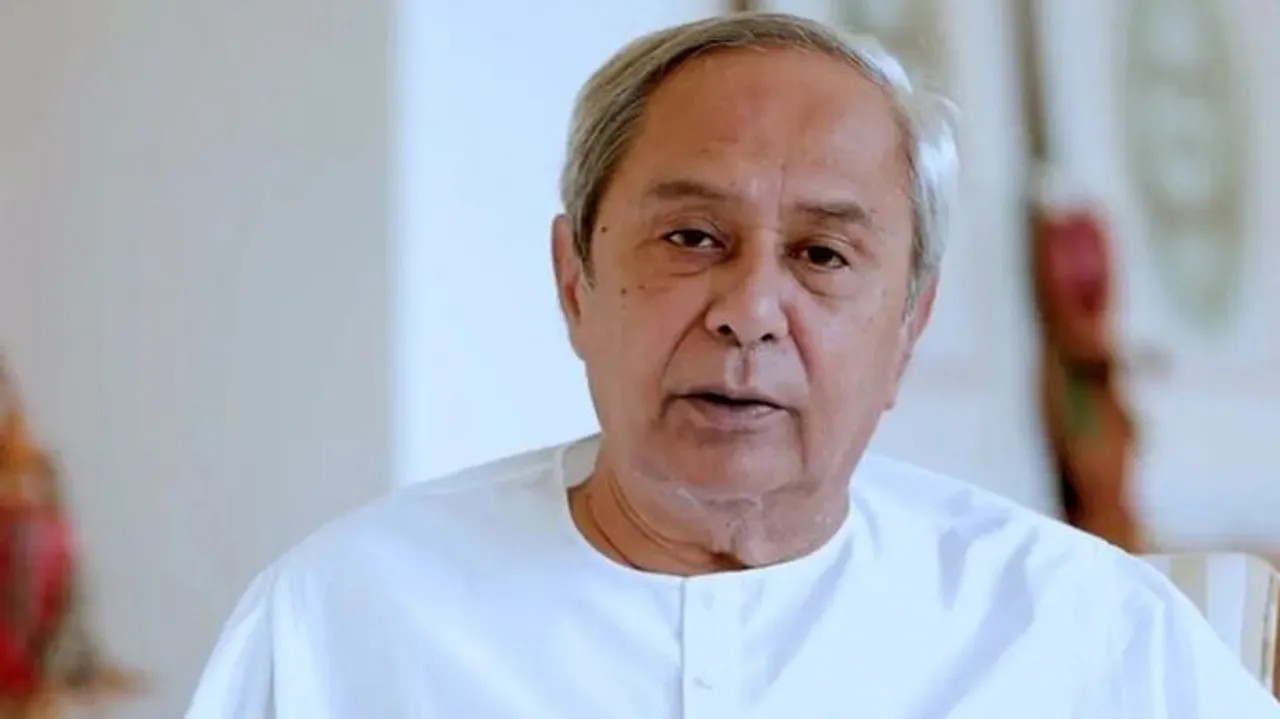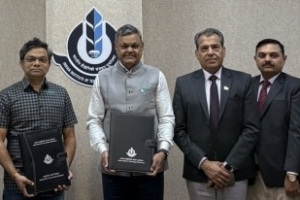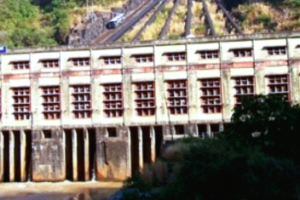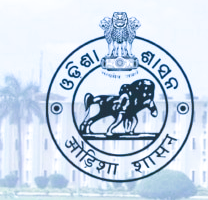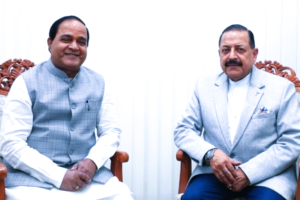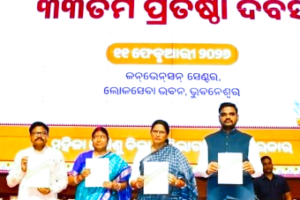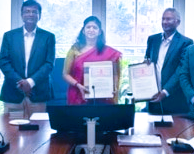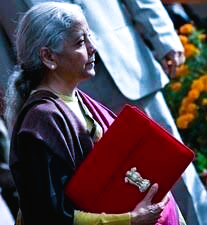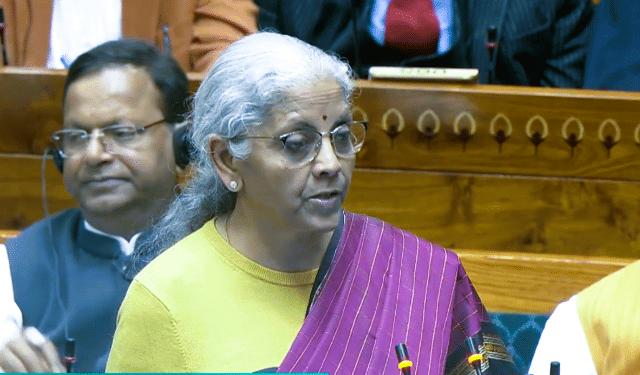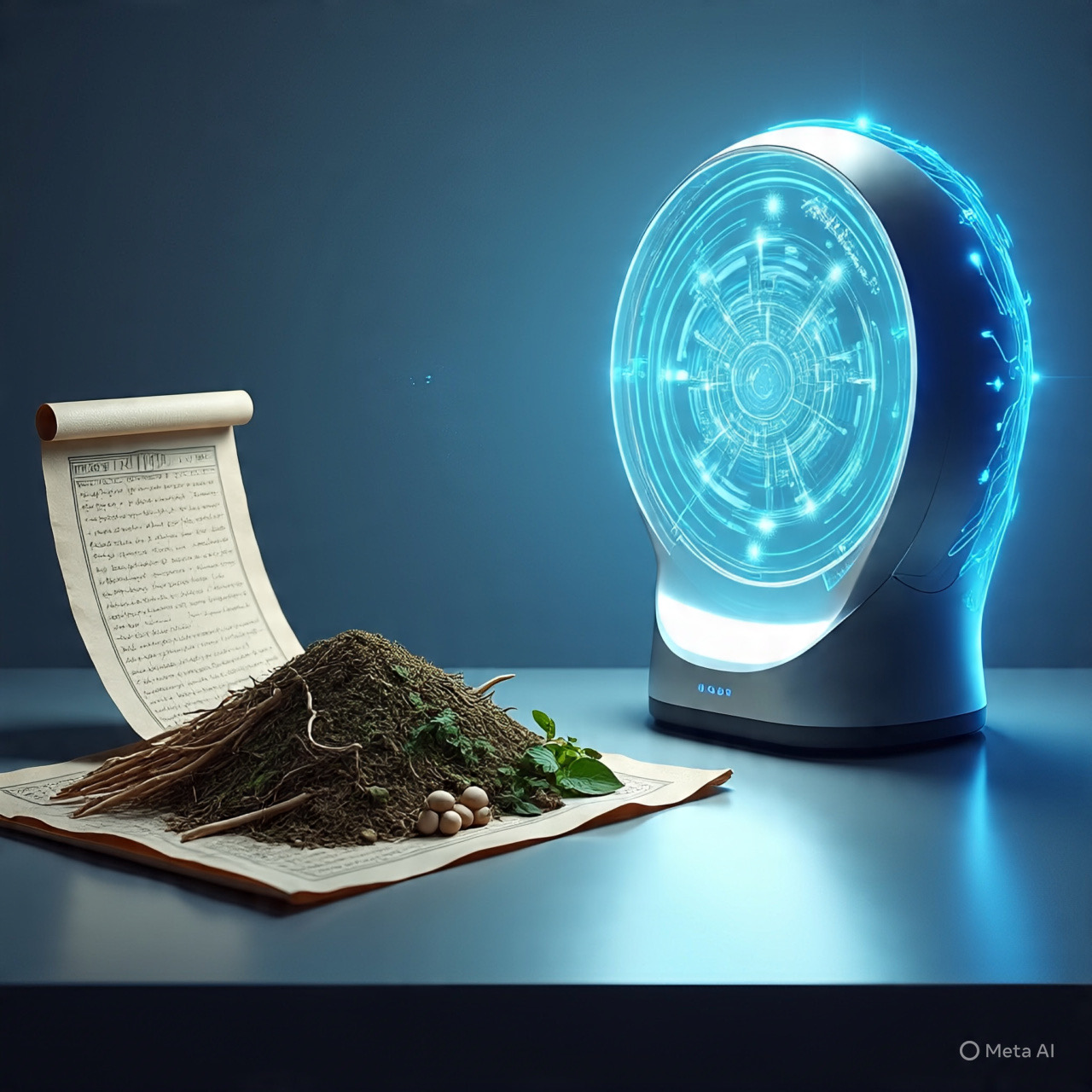
India’s Ayush Systems Lead WHO’s AI Roadmap for Traditional Medicine
(OT Webdesk)In a landmark recognition, the World Health Organisation (WHO) has spotlighted India’s pioneering integration of Artificial Intelligence with traditional Ayush systems in its first-ever technical brief on AI in traditional medicine.
Released on July 12, the document acknowledges India’s leadership in blending centuries-old wellness practices with cutting-edge technology, aligning with Prime Minister Narendra Modi’s vision of inclusive, tech-driven healthcare.
India’s innovations include AI-enabled diagnostic tools that enhance traditional methods such as pulse reading and Prakriti assessment.
The Ayurgenomics project, merging Ayurveda and genomics, uses machine learning to identify disease markers and recommend personalized care plans.
The Traditional Knowledge Digital Library (TKDL) also earned global praise for preserving indigenous medical heritage through AI-powered cataloguing and analysis.
Launched in 2018, the Ayush Grid underpins platforms like SAHI, NAMASTE, and the Ayush Research Portal, creating a digital infrastructure for evidence-based traditional healthcare.
Advanced chemical sensors, guided by AI, now assess properties such as Rasa and Guna, modernising herbal formulations.
With India’s Ayush sector contributing over $43 billion to the economy, digital literacy and interoperable systems are helping mainstream traditional medicine.
Union Minister Prataprao Jadhav and Secretary Vaidya Rajesh Kotecha reaffirmed India’s commitment to advancing this fusion of technology and tradition.
As WHO embraces India’s holistic-tech model, the country positions itself as a global leader in personalised, evidence-based healthcare.


